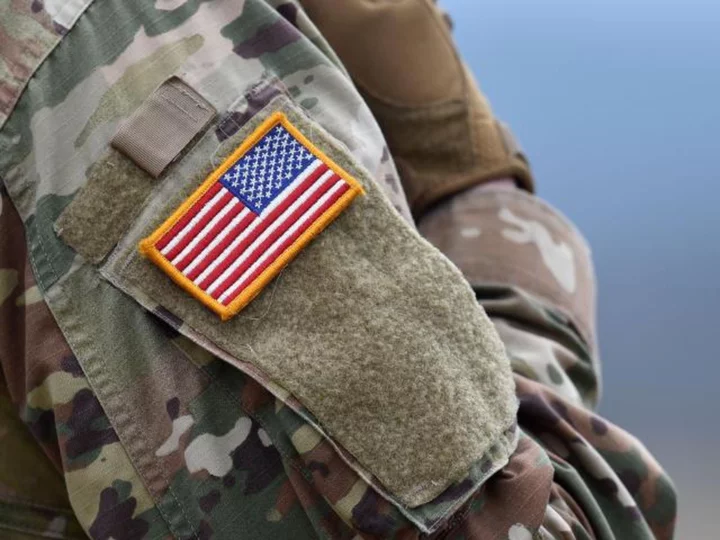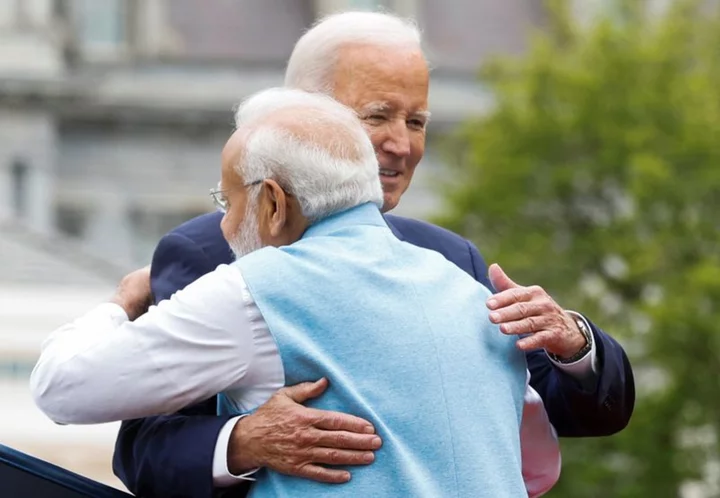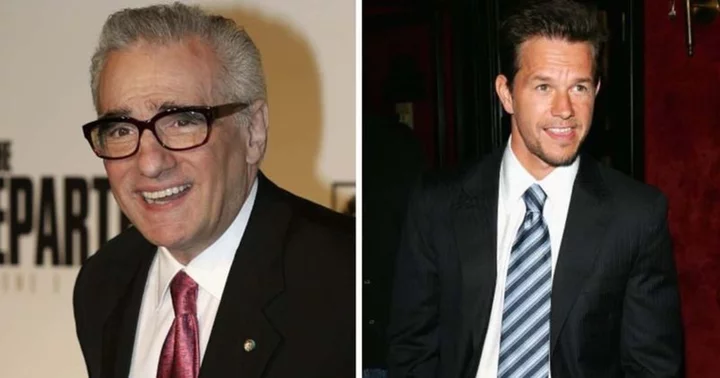The Pentagon is launching a new outreach campaign to help LGBTQ service members who feel they "suffered an error or injustice" before the repeal of the "don't ask, don't tell" policy to correct their military records.
"For decades, our LGBTQ+ service members were forced to hide or were prevented from serving altogether," Defense Secretary Lloyd Austin said in a statement on Wednesday. "Even still, they selflessly put themselves in harm's way for the good of our country and the American people. Unfortunately, too many of them were discharged from the military based on their sexual orientation -- and for many this left them without access to the benefits and services they earned."
"In the coming weeks, we will be initiating new outreach campaigns to encourage all service members and veterans who believe they have suffered an error or injustice to seek correction to their military records," Austin added.
Congress repealed the military's the policy, which prohibited openly gay, lesbian or bisexual people from serving in the armed forces, in September 2011.
According to Pentagon data, more than 13,000 people were separated from the military under the department's "homosexual conduct" policy from 1994 to 2011 under varying conditions -- including honorable, general, other than honorable and unknown.
CBS was first to report the news.
A defense official told reporters on Wednesday that the department will also conduct a "proactive review" to potentially upgrade other than honorable discharges for service members separated from the military in the era the policy operated, from 1994 to 2011.
Personnel will identify veterans' records who show their separation was due to their sexual orientation and who received a discharge "that was less than honorable." A panel will then determine if those records need upgrading, and send the individuals' names to the service secretaries "for consideration and potential correction," the official said.
That proactive review has not yet started, they said, and will begin when the Defense Department is "assured that everybody has the proper training and that we're doing this in the right way."
The defense official added that currently there are roughly 2,000 individuals who were discharged under the policy for their sexual orientation but received a less than honorable discharge.
"In the widest possible margin, that's who we're going to be proactively looking at," the official said. "Obviously there may be -- and we're hopeful that there will be -- additional people who see this information and come forward and apply to the discharge review boards."
The official emphasized that officials will "proceed cautiously" in contacting veterans over their discharges to avoid any privacy concerns with personal information.









